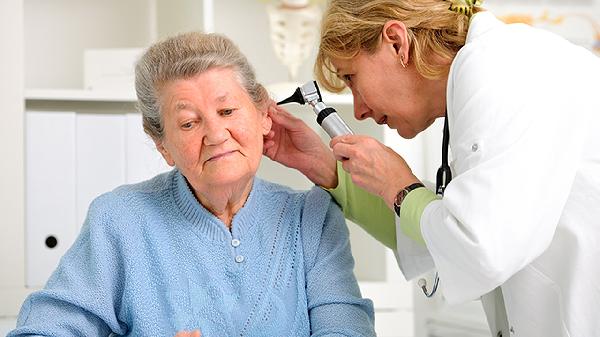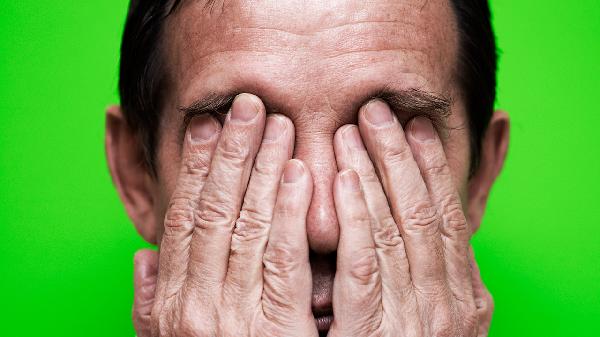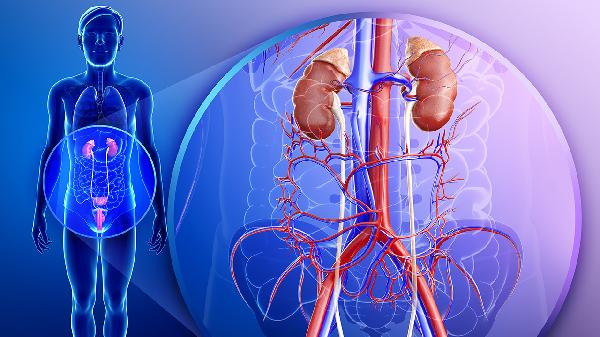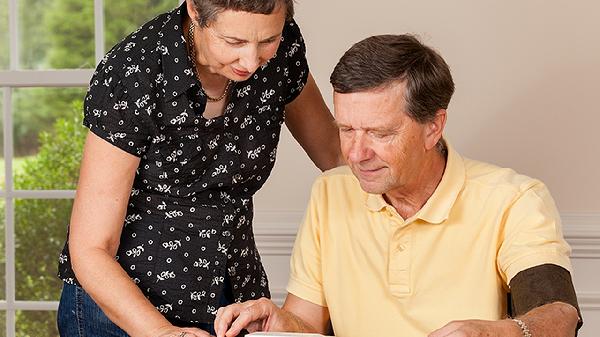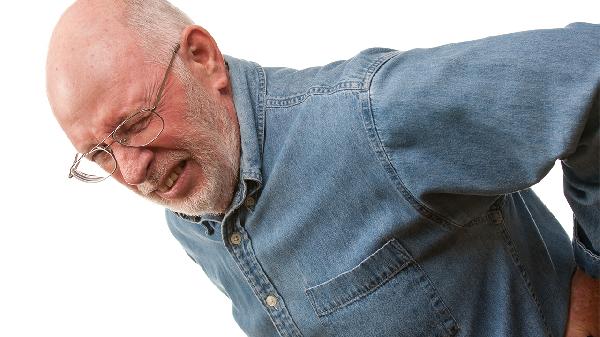As people age, various bodily functions tend to decline, making it crucial to pay extra attention to their diet. They should consume foods that are easy to digest and rich in nutrients. Malnutrition can significantly impact the health of the elderly. Some older adults may experience a loss of appetite in their daily lives. So, what are the reasons for an 80-year-old suddenly losing their appetite?

1. Decline in Taste Buds: Many people are unaware that as one ages, the taste buds on the tongue gradually deteriorate. This decline weakens the tongue's ability to perceive flavors, leading to a lack of interest in food. This condition can severely reduce the elderly's appetite, making them lose their desire to eat. One solution is to offer the elderly foods with stronger flavors to stimulate their appetite. The intense taste can trigger the secretion of digestive enzymes, helping them regain their desire to eat.
2. Reduced Digestive Function: Similar to taste buds, the digestive system of the elderly weakens with age. Slower intestinal motility, reduced absorption capacity, and decreased secretion of digestive enzymes can all lead to issues like indigestion and poor appetite. Therefore, a loss of appetite in the elderly is also related to a decline in digestive function. A practical approach is to encourage smaller, more frequent meals throughout the day. This method reduces the burden on their digestive system and minimizes the occurrence of indigestion.
3. Gastrointestinal Diseases: Gastrointestinal diseases are common causes of appetite loss in the elderly. Conditions like gastritis and enteritis can lead to symptoms such as nausea and anorexia. Additionally, diseases affecting brain function, such as stroke and Alzheimer's, can also cause a loss of appetite. This is because appetite is regulated by certain hormones in the body, and brain damage can disrupt the secretion of these hormones, leading to a reduced desire to eat.
